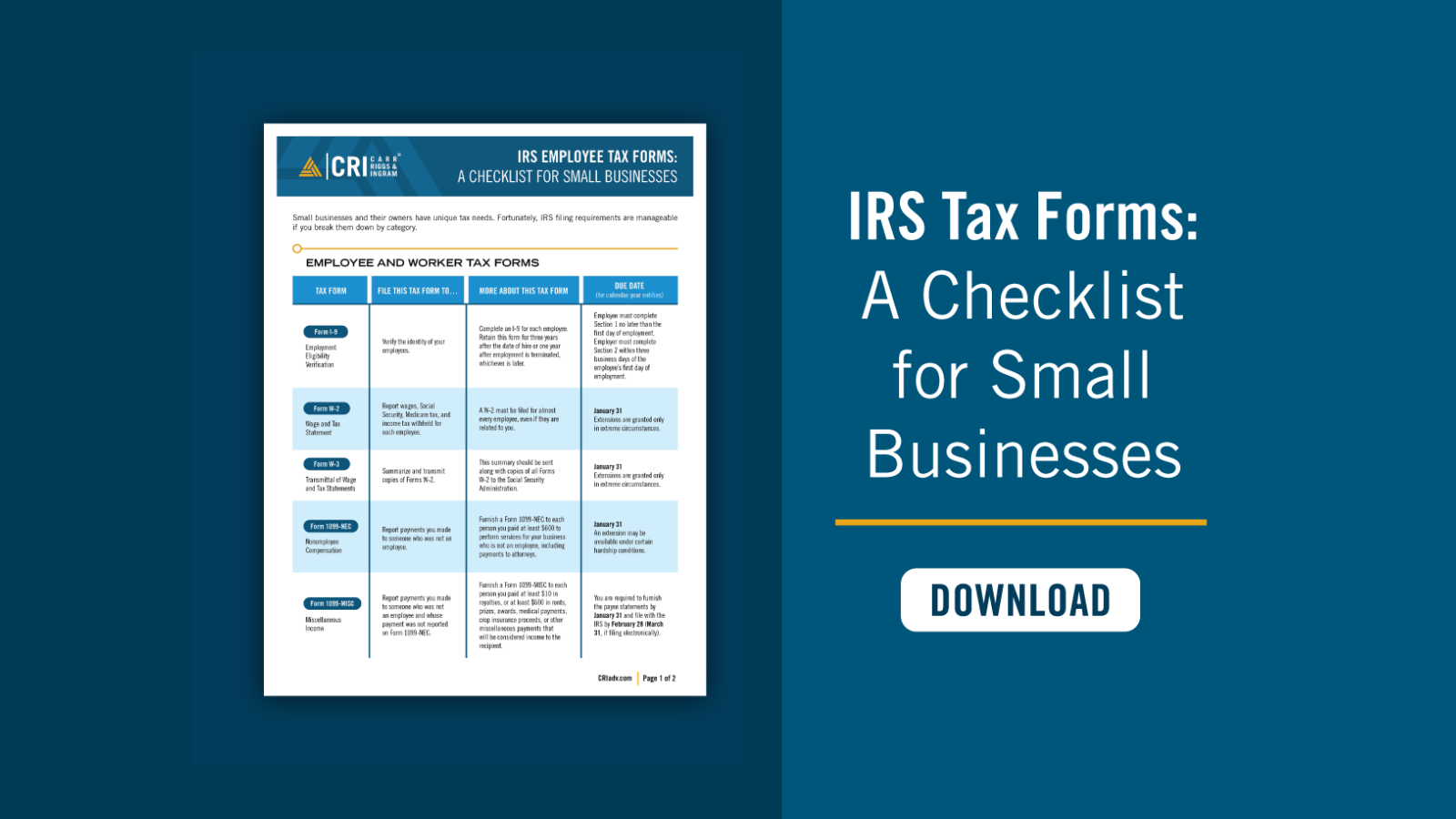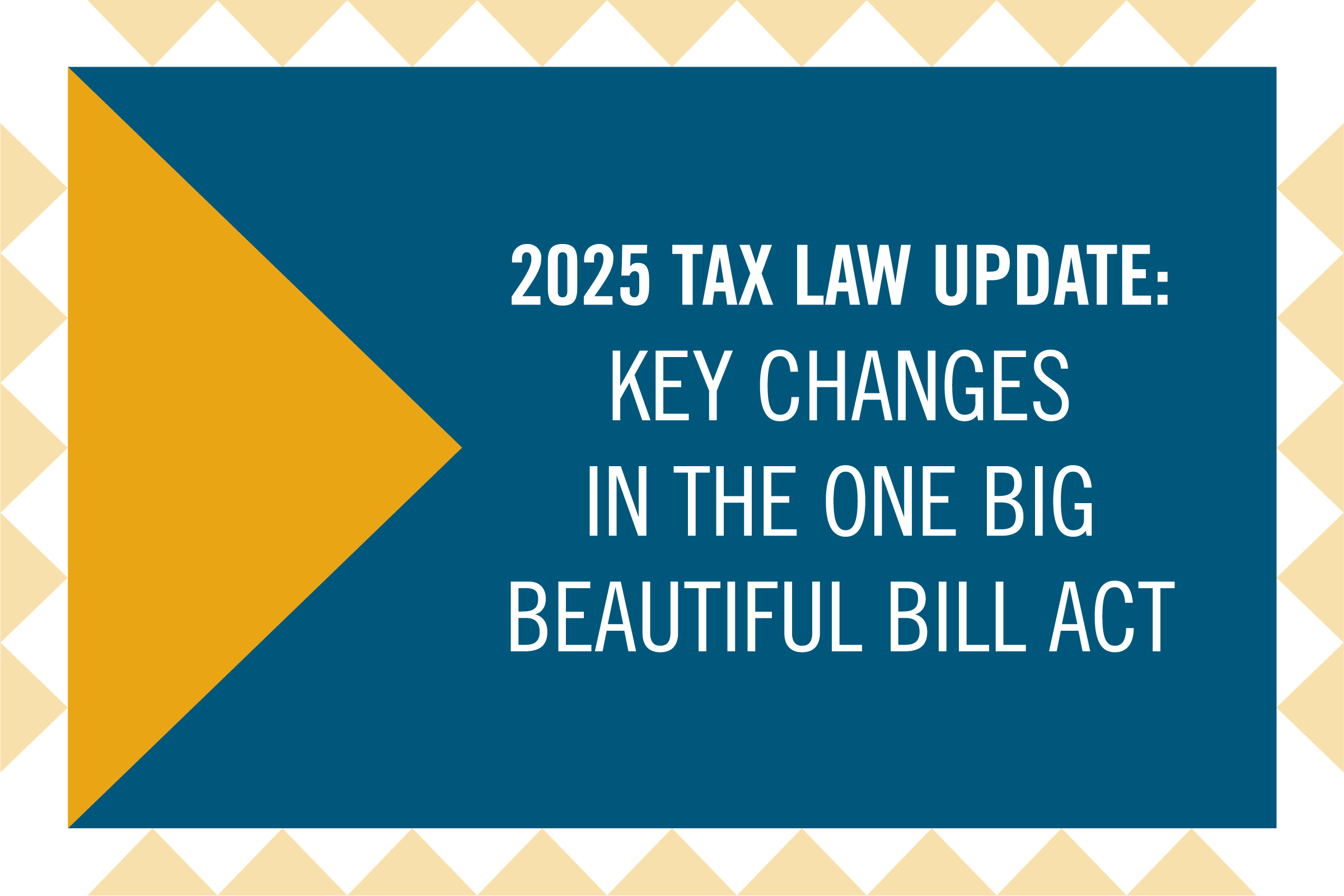What Role Does Life Insurance Play in Estate Planning?
- Contributor
- Sarah Freeman
Jun 19, 2024
Estate planning continually evolves. Prior worries may have diminished in significance, while unforeseen new concerns have emerged over the past decade or two. But this doesn’t mean you should trash your existing estate plan; it simply means you should run those new concerns by an advisor who can introduce you to the latest estate and tax planning strategies.
Life Insurance as an Estate Planning Mechanism
Life insurance may not be the first thing that crosses your mind when you think about an estate plan, but life insurance policies are one of the most flexible tools at your disposal. If your goal is to make your beneficiaries’ lives easier when you pass on, life insurance policies are a great option. Unlike many assets held in an estate — like business investments or residences — life insurance policies often avoid probate and therefore get paid out quickly. This will provide your heirs with almost instant access to cash after your death. And fortunately, life insurance proceeds paid directly to your heirs will not add to their tax bill. But life insurance policies can be beneficial to you, as well. Depending on your policy, life insurance can operate much like a retirement plan. Whole life and universal life policies allow you to accumulate cash value in your account, which you can access while you’re still living. You can use these funds however you like, perhaps to fund a child’s wedding or to simply go on vacation. Most of these policies also allow you to take low-interest, tax-free loans from your policy. Life insurance policies can also promote favorable tax outcomes. Although death benefits of a life insurance policy will generally be included in your taxable estate when you are the one who controls the policy, you can transfer the policy into a trust to remove it from your estate. Note that if you irrevocably transfer control of the policy, you will not be able to amend or modify it. Trusts that hold these policies are called irrevocable life insurance trusts (ILITs). If you use an ILIT, the trust will be responsible for paying the premiums, so you (as the grantor) will need to figure out how your trust will be funded. Many grantors fund their ILIT by contributing income-generating assets to the trust, but others will simply make annual cash gifts to the ILIT. If you provide proper notification (often called Crummey Letters) to the beneficiaries and your gifts are under the annual gift tax exclusion limits ($18,000 in 2024), those gifts will not be taxable.
Should You Update Your Estate Plan?
Estate taxes look vastly different today than they did 10 or 20 years ago. Since 2004, the estate tax exemption has grown 9-fold and the tax rate has dropped 8 points, meaning that only a tiny portion of taxpayers will owe estate taxes in 2024. On the flip side, today’s $18,000 gift tax annual exclusion is only marginally higher than the $11,000 exclusion covered 20 years ago. These facts alone argue for a review of your estate plans, but there are many other reasons you may want to consider an update, including:
- If your family size has changed.
- If you want to change your beneficiaries.
- If you’ve moved to a new state.
- If your earning trajectory has changed.
- If you’ve recently updated your retirement plans.
- If you’ve started or exited a business.
Every few years it makes sense to chat with a professional in the field to make sure you’re taking advantage of the available options. ILITs may be a good option for you, or your advisor might have another idea entirely. Contact your CRI advisor to discuss whether life insurance is a useful tool to accomplish your estate planning objectives.

















































































































































































































































































































































































































































































































